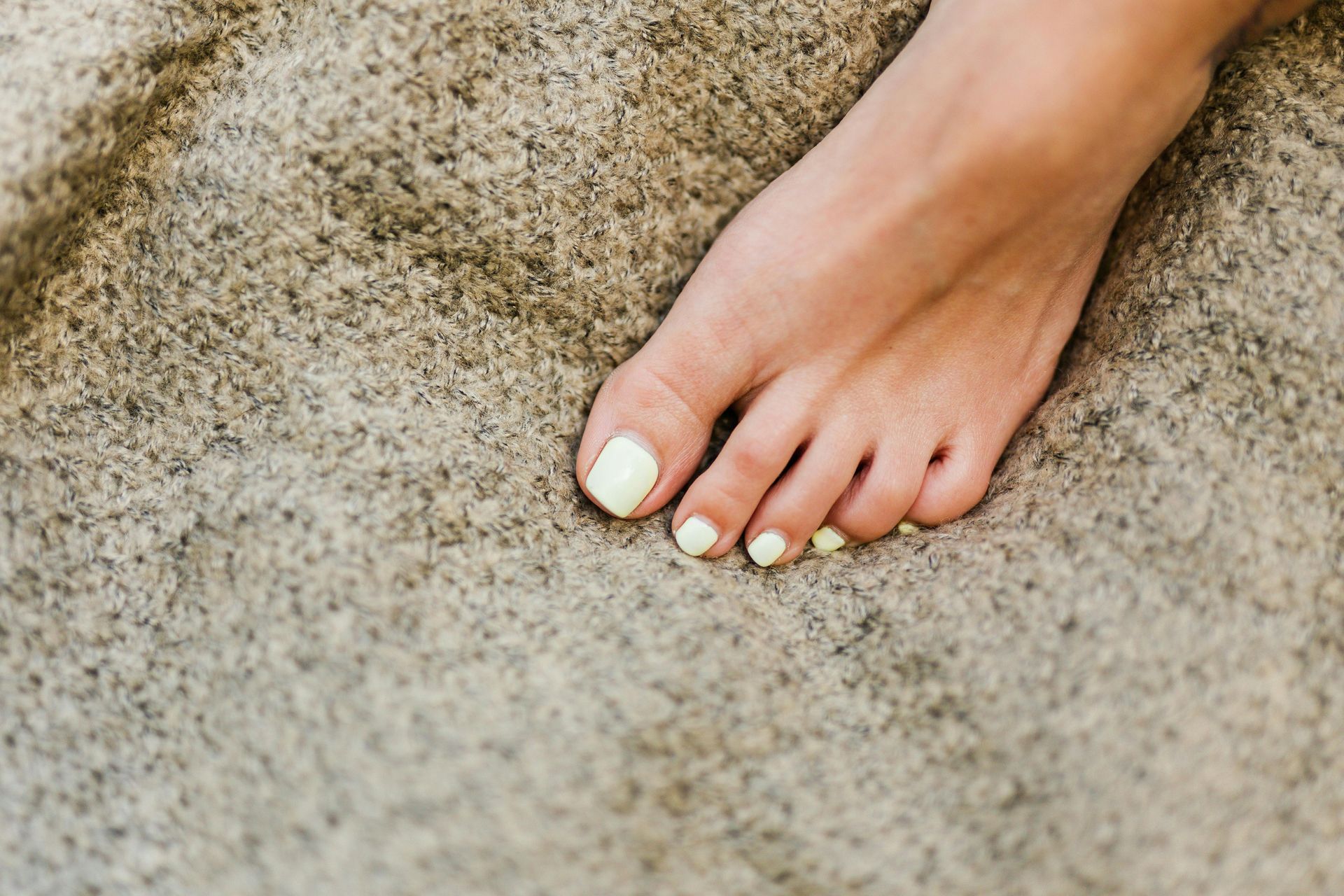How to improve your balance at any age
You're never too old!
When we were kids, our parents would regularly take us to a local Greek restaurant on a Saturday night (ICYMI, my father was Greek Cypriot).
We'd stuff our faces with taramasalata, hoummous, pitta bread and grilled meats and generally soak up the Greek atmos.
Then at some point in the evening night, the band would strike up "Zorba the Greek", and my Dad (several sheets to the wind by this point!) would leap up, wrap a glass of water in a napkine, plop it on his head, and proceed to do the συρτάκι ⬅ traditional Greek dance "syrtaki".
If you're not sure what the dance looks like, here's a link to a
video. It's about 4 mins long - you don't have to watch the whole thing...but do watch at around the 1' 30" mark to check out the increasing difficulty of the dance.
Now, at this point in his life, my Dad would have been in his mid to late forties (so he'd definitely hit one of those "ageing bursts").
And actually, I remember him doing it into his fifties at least..
So, this middle aged man would do this dance, after a bottle of wine...with a glass of water on his head.
I mean, c'mon Pops! BALANCE SKILLS!!!! 👏👏👏
I had balance on my mind (ha - see what I did there?!) ..
..because we often start our Pilates classes with some balance work.
And generally, we all, including me (but excluding Mr A who has freakishly perfect balance), "wind down the windows" trying to stay upright.
So, where am I going with this rambling tale?
OK, you do not need to be able to do a syrtaki with a glass of water on your head (though of course, if that's your thang, have at it!).
Buuuuuuuutttttt here are a bunch of other things that you do need balance for:
- Riding your bicycle (hands free if you're Claire E!);
- Playing golf, football, netball, basketball...;
- General fitness classes (including Body Step and PiYo!);
- Running;
- Skiing, snowboarding, surfing or skateboarding;
- Dancing (with or without a glass of water on yer noggin);
- Walking, especially on uneven or slippery surfaces;
- Going up and down stairs;
- Climbing up a ladder;
- Reaching up to get a big dish out of an overhead cupboard.
That is to say, pretty much everything that does not involve you sitting still on your sofa.
It's never too late to work on your balance!
And being older is not an excuse, because if you continue to use it, you won't lose it.
If I seem evangelical about it, it's because I am.
Here are some balance practices for you..
OK, we all know that I regularly suggest cleaning your teeth standing on one leg.
Here are some more that will keep you upright for the long haul (increasing levels of difficulty):
- heel to toe walking
- single leg squats (place the other foot lightly on something unstable like a ball or foam roller or lift the knee);
- load/ unload the dishwasher standing on one leg
- step up on to the bottom stair, lifting the other knee.
- hopscotch down the road (guaranteed to raise a smile and your heart rate);
- hop from one foot to the other;
- συρτάκι (I might actually organize a group outing for a lesson one time! It's really good fun!);
- Step or PiYo on Saturday mornings (not tried them before? Click here to try a class)
You'll notice that these are all moving..because balance is something that happens in the moment.
Anyone can balance while being completely still. But when you need it, is when you're on the move!










